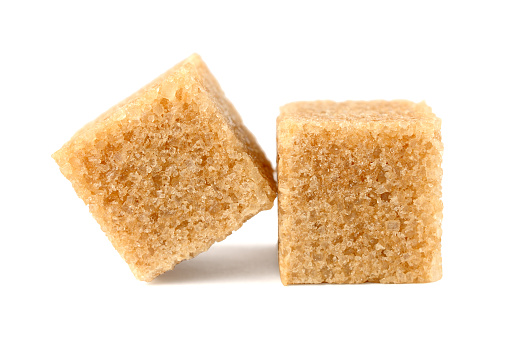Cane sugar, erythritol, and three high oleic sunflower oil ingredients have become Non-GMO Project verified
By Jennifer Hermann, Farms.com Intern
Cargill recently announced that three of their food ingredient products will now be available with the Non-GMO Project verification. The company’s cane sugar, erythritol, and three high oleic sunflower oil ingredients have joined over 39,000 products that have become Non-GMO Project verified since 2010.

Photo credit: itstock photo
Consumer demand for Non-GMO products has been steadily increasing over the past six years, with annual sales up to $19 billion as of March 2016. The industry is expected to continue to grow an additional 12 percent annually through 2018.
“Consumer demand for non-GMO food and beverages is growing, and Cargill is responding,” said Mike Wagner, Managing Director for Cargill Starches and Sweeteners North America. “We’re delighted to work with the Non-GMO Project, the leading verifier of non-GMO products in the United States. Their distinctive trademark is the most recognized symbol for non-GMO products in the country.”
Non-GMO Project is a not-for-profit organization with a mission to build the non-GMO food supply in order to educate consumers and provide them with non-GMO choices.
Megan Westgate, Executive Director and founder of the Non-GMO Project, said “Achieving this mission requires participation by companies of all sizes, including supply-chain leaders like Cargill that can provide large-scale availability of non-GMO food ingredients.”